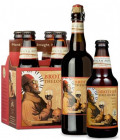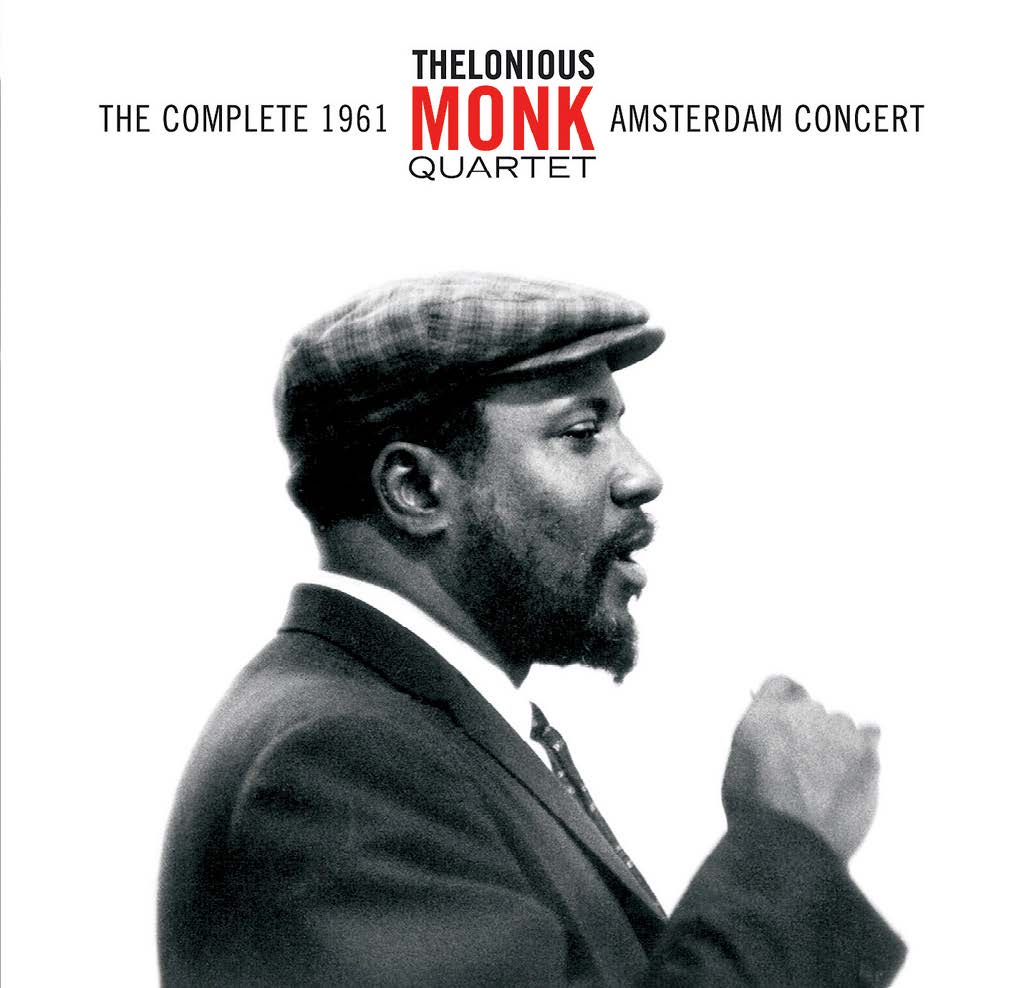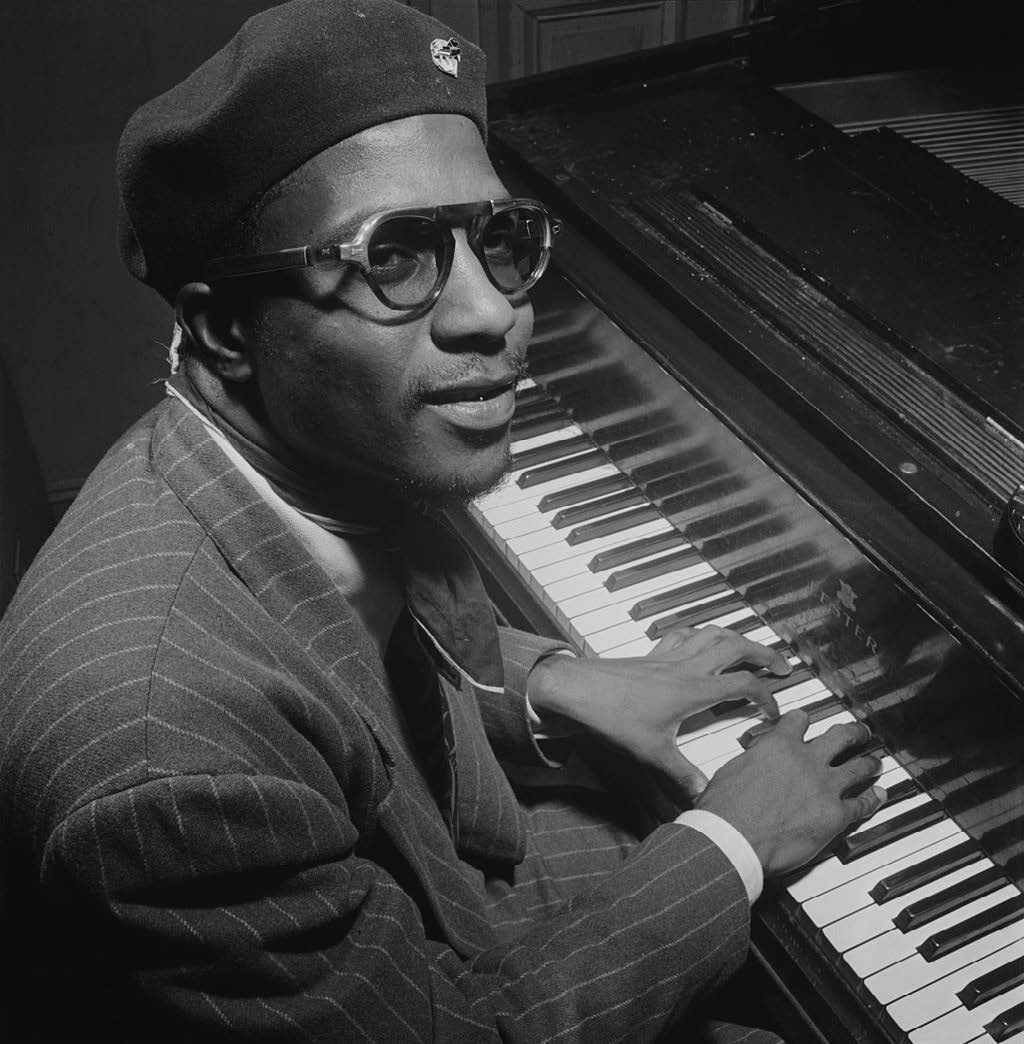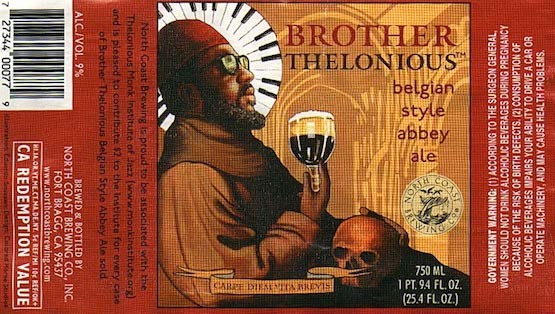Jazz Great Thelonious Monk’s Heir Objects to Brother Thelonious Beer
By Jennifer E. RothmanAugust 31, 2017

Earlier this week, Thelonious Monk, Jr. filed a lawsuit against North Coast Brewing Co. in the federal district court of California for allegedly using his father, the great jazz musician Thelonious Monk’s name, likeness, and image on its beer labels, for its brand name, and in advertising and marketing the ale without permission.
The complaint claims trademark infringement pursuant to the Lanham Act, and violations of both California’s post-mortem right of publicity (Cal. Civ. Code § 3344.1) and its common law right. The Lanham Act claim surprisingly does not include a false endorsement claim, but could easily be read to include one.




There are clear references to the jazz great by the beer company. North Coast’s website for the brew specifically indicates that it donates money to the Thelonious Monk Institute of Jazz and has related jazz recordings for sale. The possibility for confusion as to sponsorship with the estate seems quite high, and reminiscent of the far less commercial sale of Martin Luther King, Jr. busts for which some of the proceeds were supposedly donated to the Martin Luther King, Jr. foundation. The Martin Luther King, Jr. family did not look kindly on the use of King, Jr.’s name and likeness, even if some of the sales proceeds were donated. Thelonious Monk, Jr. appears to feel the same way. Also, quite simply, the image looks quite a bit like photographs of Monk and uses a prominent and unique part of his name.
The plot thickens, however, as it does not appear that Monk, Jr. is associated with the Thelonious Monk Institute of Jazz, whereas North Coast Brewing is a legitimate and major sponsor of the nonprofit organization. So the legitimacy of the case may turn on who has the rights to use Monk’s name after his death. This case could raise the very interesting problem of what to do when organizations wish to honor and celebrate the dead―like Monk―but may not have the permission of the heirs to do so. Even if the nonprofit did have Monk, Jr’s blessing it may not have had his approval to start licensing the name for use on beer.
Another interesting aspect of the case is the limit on the scope of Monk’s publicity rights since he is dead. California’s common law right of publicity likely does not survive death (at least absent robust independent merchandizing by the deceased), and the statutory right has thus far been limited to those who died domiciled in California. This tripped up Marilyn Monroe’s estate because she was deemed to have a died a resident of New York state which does not have a post-mortem right of publicity. Monk’s estate has the same problem―the jazz legend died domiciled in New York and therefore likely cannot make any claim under California’s right of publicity laws.
Stay tuned as the facts in this case develop. In the meantime, one might wish to pick up a six-pack of the beer which could soon turn into a collector’s item.
